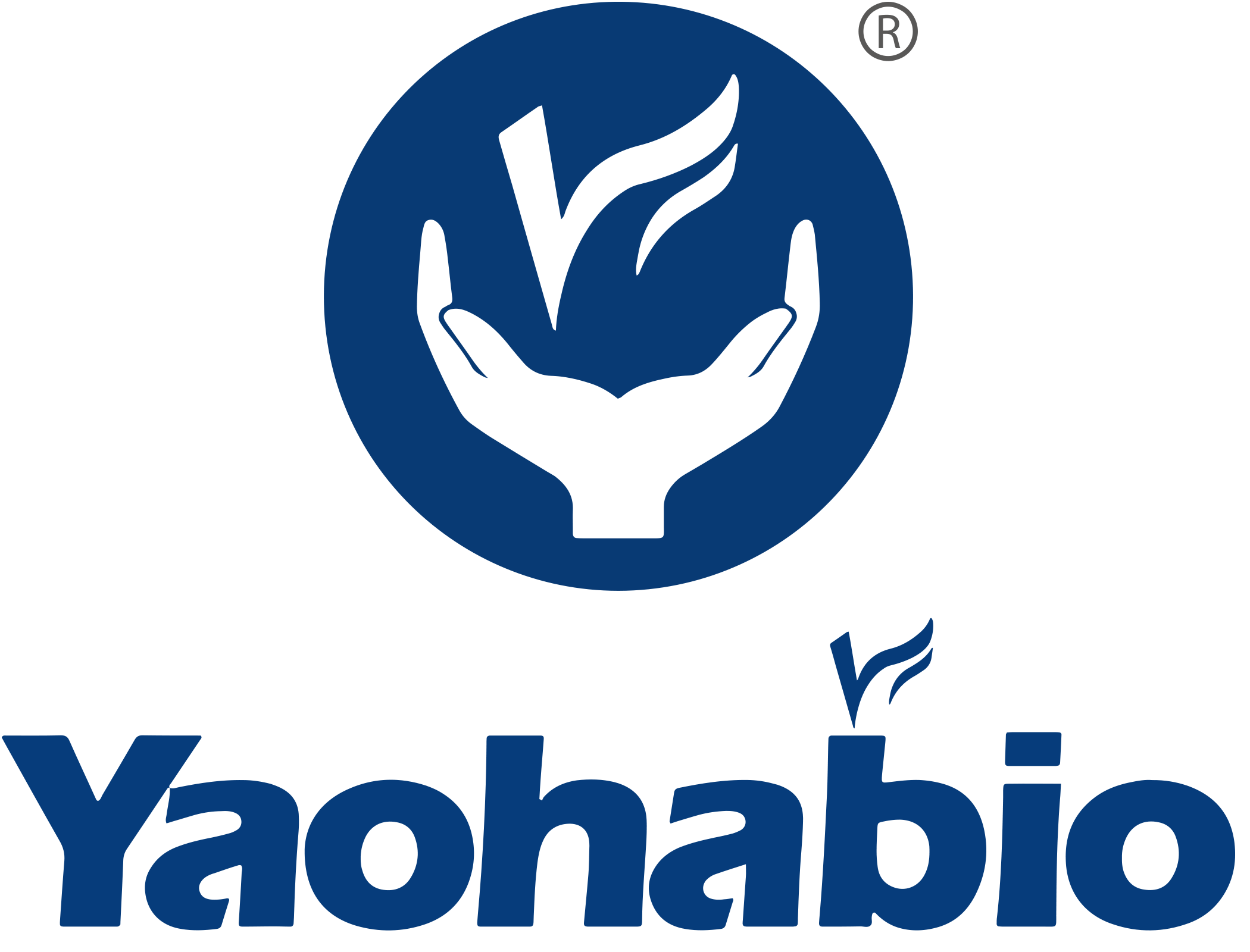Cas9 Nuclease
CRISPR gene editing is a technique used in molecular biology to modify the genomes of living organisms. It is based on a simplified version of the bacterial CRISPR-Cas9 antiviral defense system. By delivering the Cas9 nuclease complexed with a synthetic guide RNA (gRNA) into a cell, the cell's genome can be cut at a desired location. This allows existing genes to be removed and/or new ones added in vivo.
In more technical terms, Cas9 is a dual RNA-guided DNA endonuclease enzyme associated with the CRISPR adaptive immune system in Streptococcus pyogenes. The CRISPR-Cas9 genome editing technique was a significant contributor to the Nobel Prize in Chemistry in 2020, which was awarded to Emmanuelle Charpentier and Jennifer Doudna.
The first drug based on CRISPR/Cas9 gene editing, exagamglogene autotemcel (exa-cel), was approved in November 2023 with the trade name Casgevy. It is used in the United Kingdom to cure sickle-cell disease and beta thalassemia. On December 8, 2023, Casgevy was approved in the United States by the FDA. Casgevy is a first-of-its-kind treatment targeting the BCL11A gene, and was discovered by Vertex Pharmaceuticals and CRISPR Therapeutics.
Casgevy is created by enriching autologous cells for CD34+ cells, and then genome editing ex vivo by introducing the CRISPR/Cas9 ribonucleoprotein (RNP) complex by electroporation. The gRNA included in the RNP complex enables CRISPR/Cas9 to make a precise DNA double-strand break at a critical transcription factor binding site (GATA1) in the erythroid-specific enhancer region of the BCL11A gene.
Apart from RNP, DNA or mRNA encoding Cas9 and gRNA is also being investigated in clinical trials.
Yaohai Bio-Pharma Offers One-Stop CDMO Solution for Cas9 Nuclease

 EN
EN
 AR
AR
 HR
HR
 CS
CS
 DA
DA
 NL
NL
 FI
FI
 FR
FR
 DE
DE
 EL
EL
 IT
IT
 JA
JA
 KO
KO
 NO
NO
 PL
PL
 PT
PT
 RO
RO
 RU
RU
 ES
ES
 SV
SV
 IW
IW
 ID
ID
 LV
LV
 LT
LT
 SR
SR
 SK
SK
 SL
SL
 UK
UK
 VI
VI
 ET
ET
 HU
HU
 TH
TH
 TR
TR
 FA
FA
 AF
AF
 MS
MS
 BE
BE
 MK
MK
 UR
UR
 BN
BN

